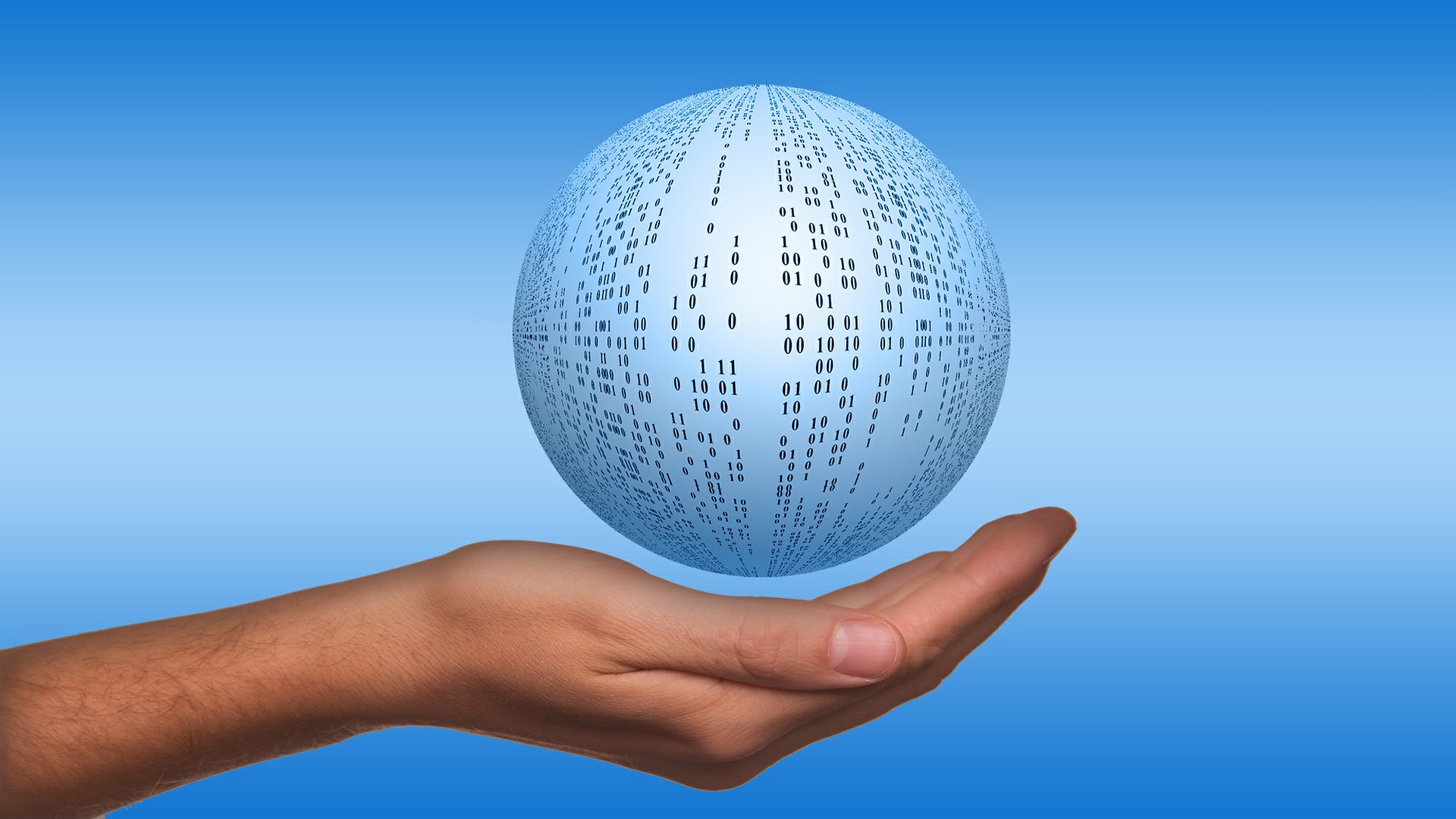Mindfulness for Coders
Mindfulness Meditation is everywhere right now, and for good reason. There are tons of benefits to a consistent meditation practice, which have been studied and reported all over the place. So how does this apply to coding?
I think one of the biggest challenges to learning how to code, especially for self-taught developers, is maintaining energy and enthusiasm, while battling that feeling of overwhelm, the inner voice that says, "There's so much to learn, and I just don't know if I can do it."
Over the past year, I've been developing a consistent mindfulness meditation routine, and even though my goals in meditating didn't (at first) relate to coding, I've found out that my energy and enthusiasm for coding has been growing right along with my meditation skills.
I think this is because:
- meditation can help replace fear and anxiety with a calm confidence, and
- when those negative emotions are replaced with positive ones, it leads to more energy and engagement.
This creates a positive feedback loop. The more energy you have, the more you learn and build things, and this grows your confidence, which creates more motivation to keep meditating.
Meditation and coding are also related in the sense that there is so much information out there about both of them, it can be daunting to just figure out where to start.
So, if you're thinking about beginning to meditate, I'd like to see if I can make it feel simpler and easier to get started.
First, you can do it. If you can sit in a chair for five minutes, you can start meditating.
Second, what is mindfulness meditation? I've read books and blogs and watched videos, and my favorite, and simplest, answer to this question comes from teacher Shinzen Young, who describes mindfulness meditation as any practice that:
- develops concentration (the ability to direct attention to an object and sustain it),
- develops clarity (the ability to detect different parts of an experience), and
- increases equanimity (the feeling of being at peace with exactly how things are in this moment).
You can read more about Shinzen's ideas, and find some great exercises here: https://unifiedmindfulness.com/what-is-mindfulness-by-shinzen/
Here's a link to a free program that was developed by Shinzen: https://unifiedmindfulness.com/core
(NOTE: The "Unified Mindfulness" program does offer paid courses--I haven't taken the paid courses, and I'm not affiliated with that website. I'm putting these links here because they offer a lot of great, free information and practices. In my opinion, Shinzen Young is one of the best resources on the internet for offering free useful info about meditation. For example, there are hours and hours of Youtube videos of his talks and guided meditations.)
Finally, I'd like to list two other resources that have been really helpful to my establishing a regular practice over the past year.
- "The Mind Illuminated" by Culadasa (John Yeats, Ph.D). This is a fantastic book if you want to start with a simple, structured practice.
- The free "Insight Timer" app. (I got it from the Google Play store, I believe it's also available for IPhone.) This is a less structured way to get started, but it gives you tons of options for listening to different kinds of meditations, so you can try different things, and see what you enjoy and is most helpful.
If you're thinking about it, I highly recommend giving meditation a try. When I started, my main goal was to reduce anxiety, but I've also become much more focused, engaged and effective at learning and working on coding projects. There are all kinds of side benefits to starting to meditate, and if the idea of having more energy and excitement about coding motivates you to try it out, fantastic!
